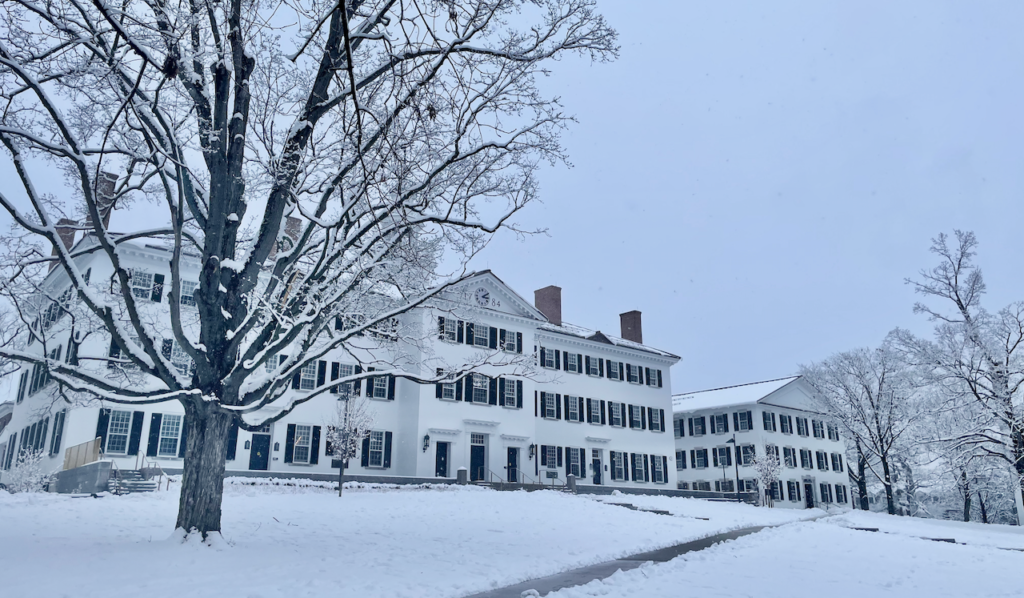
In surveying the landscape of American higher education, commentators—and, regrettably, a subset of academics—increasingly ignore or even malign the humanities. They discourage students from pursuing the humanities as a program of study and sometimes go so far as to implicitly question the humanities’ relevance or standing as a worthwhile scholarly discipline. This attitude is well explained by the fact that, while the study of STEM, for instance, yields skills and often products whose utility is appreciable to the layman, the humanities are intrinsically defined by a series of intangibles.
Expressed otherwise, anyone can recognize that particularized knowledge accrued by studying STEM undergirds the ideation, construction, and operation of complex structures and technologies. But studying the humanities does not equip students with similarly “hard,” tangible skills, and so those with little to no exposure to great literature and arts will naturally fail to see wherein the value of such an education lies.
Aiming to fill that void with a view that is far too infrequently expressed, I submit that the study of the humanities most certainly bears fruit, of a different and arguably greater sort. Properly studied, the humanities present a portal by which to engage with man’s cultural and intellectual heritage. This is an abundantly tall task, and, in pursuing it, one comes to refine all manner of mental acuities: reading comprehension; synthesis of ideas; critical and creative thinking; precision of crafting and interpreting language in both the written and spoken word.
I am a senior and a humanities major, and my argument here might well seem self-conscious or justificatory to a fault. But I contend further that the “soft” skills, if you will, that the humanities impart are vital in informing how one navigates the trajectory not just of his career but of his life. Contrast so fully formed a perspective as this with the circumscribed skillset towards which one works when devoting himself to the pursuit of a STEM field at the undergraduate level.
I don’t think it is unreasonable to suggest that the accrual of largely black-and-white skills of certain STEM fields in particular, like computer science, may be equally well secured at a school other (and substantially less expensive) than Dartmouth. Perhaps an especially enterprising individual could even do so on his own, outside of academia. To that end, friends tell me, although professors preside over classes, STEM majors at Dartmouth and at other schools rely heavily on teaching themselves required material.
I write this not to criticize STEM professors nor more broadly to argue that students should not major in a STEM field. But I do maintain that, certainly while at a school such as Dartmouth, so acclaimed for the quality of its undergraduate teaching and its humanities curricula, students should seize the reins of their own education. They should pursue—yes, concurrently to a STEM major if they so desire—a course of study by which they may develop aptitudes that stretch beyond rote technical knowledge.
The efficacy of Dartmouth’s humanities education was a key feature that dictated my decision to attend the College, and it also constitutes the scholarly ethos that has long defined Dartmouth’s national reputation, encapsulating as it does the College’s liberal arts roots. But I fear that the long-accepted wisdom as to the benefits of a Dartmouth education in the humanities is no longer all that much accepted within Dartmouth’s own administration. I become rather frustrated hearing incessantly of new initiatives and endowments related to STEM that come to campus. It all seems to be happening on the tail end of library closures, discontinued foreign-study programs, and budget cuts to humanities departments.
Dartmouth has neglected the study of the humanities, when it should be at the forefront. The College needs to reiterate the importance of the humanities, encourage students to pursue related majors, and substantially reinvest in the discipline.

Be the first to comment on "Editorial: Dartmouth and the Humanities"